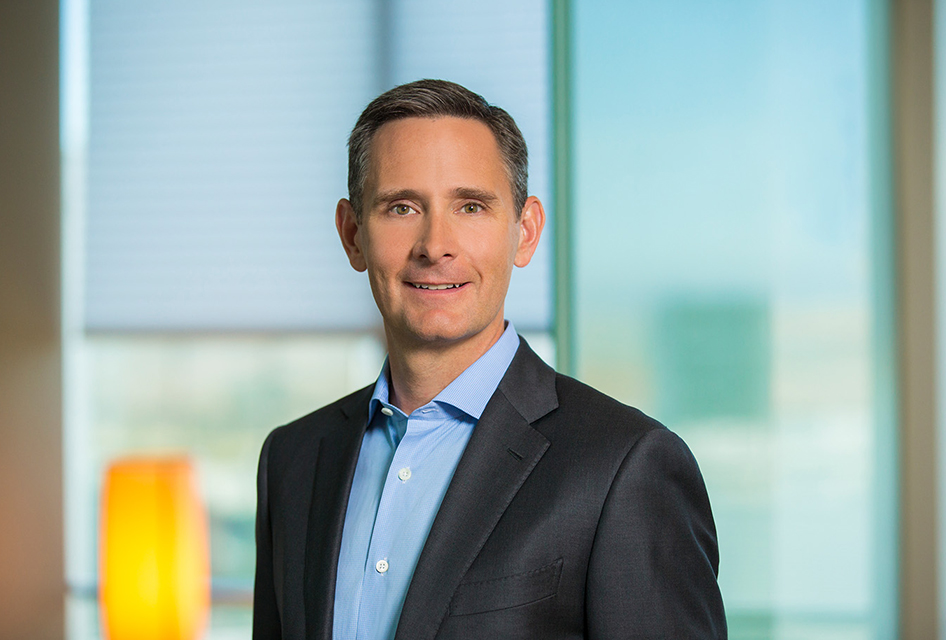

Marvell is committed to enabling the advanced technology that powers the world. Our sustainability strategy is grounded in three pillars: Thriving Organization, Sustainable Products and Responsible Supply Chain.

Our focus on innovative, high-performance products goes hand in hand with our commitment to sustainability. That commitment extends to how we operate, how we support our employees and how we contribute to the communities where we live and work.
We aim to drive positive impacts through our power-efficient semiconductor solutions and partnerships with customers and suppliers. We prioritize long-term value creation for our stakeholders by effectively managing potential risks and capitalizing on opportunities to strategically advance sustainability.
As we continue to operationalize our sustainability strategy across the company, we have set goals to address our priority sustainability topics.
We aim to be a resilient and growing technology company that drives innovation, collaboration and the transition to a low-carbon economy. We also want to be an employer of choice.
We design technology with the intention of maximizing performance, material use and security, while minimizing environmental impacts over product lifetimes.
We work closely with our suppliers and hold them accountable for upholding industry standards for social and environmental responsibility.
We have evolved our Sustainability Reports to be aligned with the Global Reporting Initiative (GRI), Sustainability Accounting Standards Board (SASB) and the United Nations Sustainable Development Goals (UN SDGs).
Copyright © 2026 Marvell, All rights reserved.